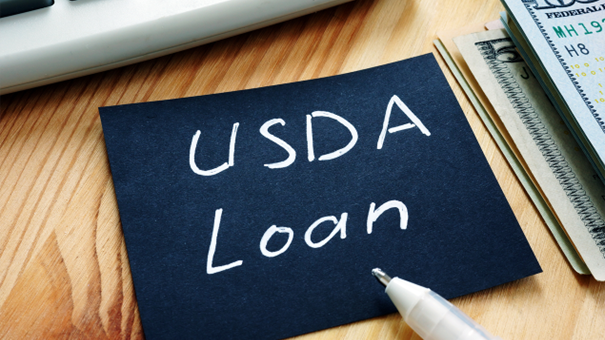A loan for a new house or commercial building is not the same as one for the purchase of a piece of land. In fact, you won’t use a conventional mortgage lender. You will require a land loan, which can have less favorable terms than a mortgage. But don’t let that deter you from working for your property ownership ambition. We’ll cover the fundamentals of land loans, including how they operate and where to find them.
Interested in buying land? Check out these beautiful properties for sale in Virginia and North Carolina!
How Do Land Loans Work?
Land loans function similarly to conventional mortgages in that they call for a down payment, are backed by the assets they buy, and are repaid over time. A loan officer will assist you apply for the loan and examine your credit while you work with them. Banks, credit unions, specialized lenders, and government programs are all possible sources of land loans. Land loans are not provided by all mortgage lenders, though.
This is because land loans, regardless of their source, often carry a higher risk for the lender. To qualify, you’ll probably need a better credit score and greater down payments.
Although individual lenders may choose to set more stringent requirements, the Federal Deposit Insurance Corp. (FDIC) establishes the minimal down payment requirements for land loans. The FDIC requirements are:
Raw land: Minimum down payment of 35%
Unimproved land: Minimum down payment of 25%
Improved land: Minimum down payment of 15%
Types of Land Loans
1. Banks and Credit Union Loan

While not all lenders provide loans for the purchase of land, you may discover numerous banks and credit unions that do. Additionally, there are specialized lenders that provide loans for land, such as farm credit organizations.
Different schemes for unimproved and improved land may be offered by banks and credit unions. You’ll need less money as a down payment for more developed properties. Depending on how quickly you want to construct a home on the property, you might also find various loan programs.
2. Seller/Owner Financing

When you obtain a loan from the seller of the property, possibly as an alternative to a traditional lender, this is known as seller financing, sometimes known as owner financing. Additionally, you can pay a portion of the purchase price via seller financing. When a conventional loan is not an option, this can be a viable choice.
3. Home Equity Loan

If you have a lot of equity in your house, you might be able to get a home equity loan and use the money to buy some land. Equity is the difference between the value of your home and the amount of your mortgage debt.
You will receive a large sum up front and repay it over time using a home equity loan, typically at fixed rates. There are no restrictions on what you can do with the money, and if you have enough equity, you might be eligible for a sizable home equity loan that will allow you to purchase the desired property parcel. But be aware: Home equity loans are secured by your property, so if you can’t make your payments, you run the danger of losing your home to foreclosure.
You might be able to use your home equity loan to pay the down payment on a land loan from a bank or credit union if the equity in your home isn’t enough to buy land outright.
4. Government Land Loan Programs

The FHA and VA both provide land loan programs to assist with financing in the acquisition of land.
The Federal Housing Administration’s (FHA) construction financing program accepts applicants with credit scores as low as 500 and a 10% down payment. Once the project is finished, the FHA construction loan will convert to an ordinary FHA mortgage.
The Department of Veterans Affairs guarantees VA loans for qualified veterans and military personnel. Only those using a VA loan to fund their new house are eligible for the VA land loan program. It will be necessary to improve the land so that it has road access and safe water utilities.
5. USDA Loan

The USDA lending program, backed by the U.S. The Department of Agriculture provides funding for land purchases if the borrower intends to construct a house. Only families with low to moderate incomes are eligible, and the property must be in a designated rural area. These loans, unlike conventional USDA mortgages, are only offered with two-year terms. Additionally, the USDA provides single-close construction loans that can be used to pay for both the land acquisition and the building process before converting to a long-term loan.
6. Personal Loan

Land purchases are one of the many uses for personal loans, which are frequently unsecured. Even though you typically need good credit to qualify, you’ll probably pay greater interest rates than with other loans. The repayment terms for these loans are frequently shorter.
If you’re ready to pursue a land loan, one of the best places to start is your own backyard. Local lenders will be able to evaluate the property and its potential and will have the freedom to provide better conditions. You can also use the internet. Due to their reduced overhead, online lenders can pass on their savings to you in the shape of lower interest rates and fewer costs.
Whatever lender you decide on, make sure you take your time weighing your options and running the figures. There are several ways to get a land loan, but many of them are expensive.
Interested in buying land? Check out these beautiful properties for sale in Virginia and North Carolina!





